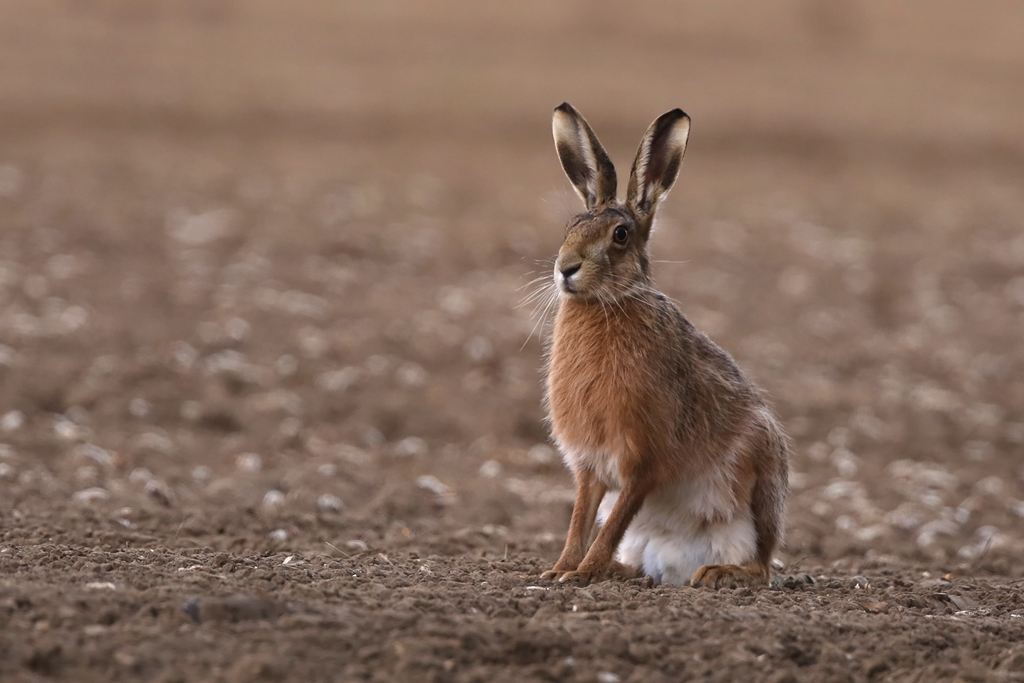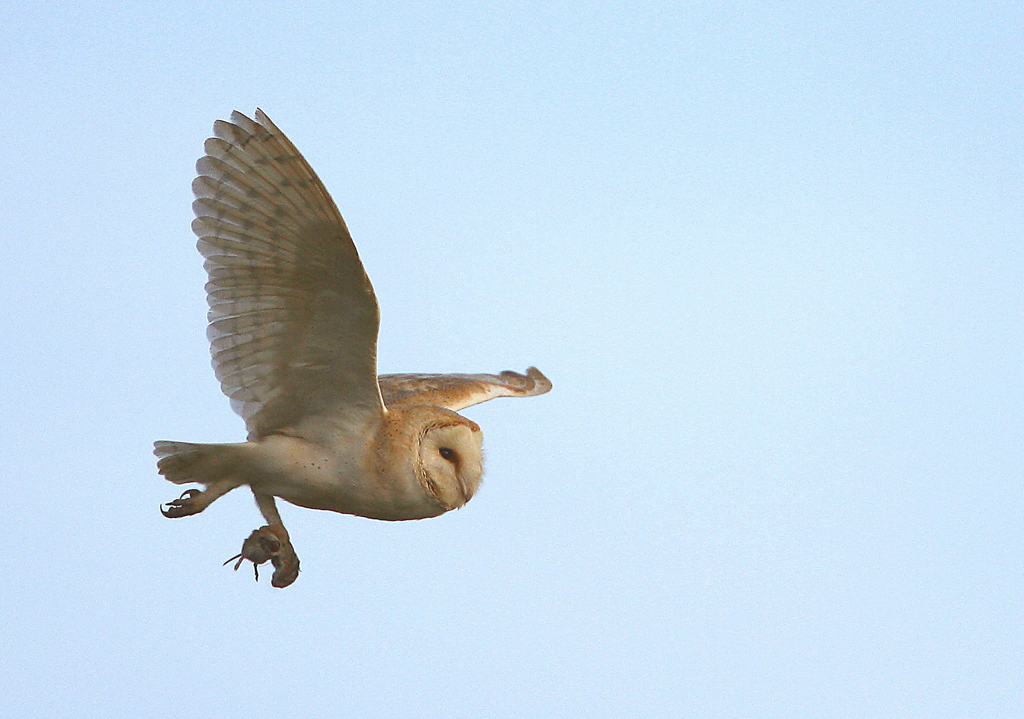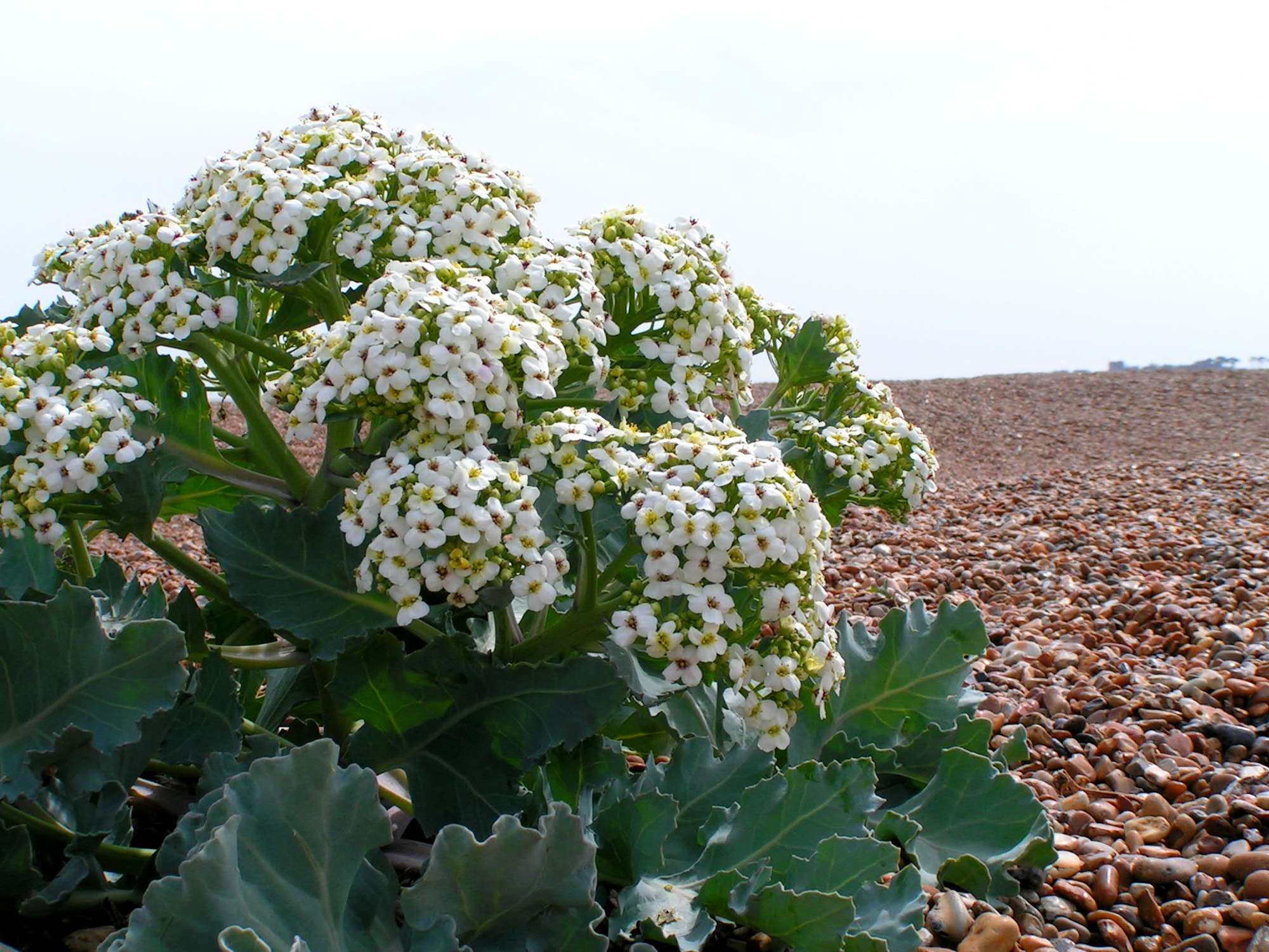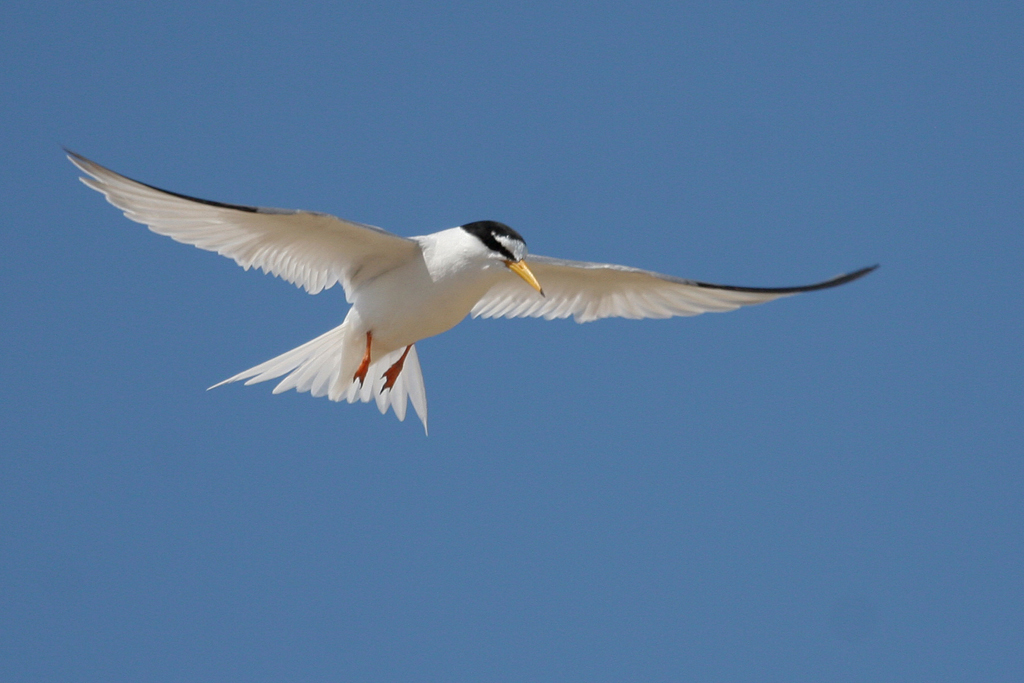Village Voices Nature Note: Sounds of Spring
03 May 2021
All the talk is of a ‘return to normality’. Yes, but as Aesop reminded us in one of his moral fables, we should be careful what we wish for. One of the compensations of lockdown has been that people have been exploring their immediate surroundings much more closely than ever before and seeing all sorts of things that were always there but unnoticed. Hearing them, too – for one of the revelations of the first lockdown was how transformative it was to be spared the noise pollution of air and road traffic and hear natural sounds again with such clarity. The buzzing of bees, the gentle soughing of leaves, a babbling stream, and above all the chorus of spring birdsong – all balm to the ear. It felt like a new experience, but it’s also an ancient one. Here is the Greek poet Theocritus, celebrating the sounds of summer in the third century BC:
Over our heads many an aspen and elm stirred
And rustled, while nearby a sacred spring
Gurgled gently, welling up from a cave.
In the shady foliage of the trees the dusky
Cicadas were busy chirping, and some distant songster
Murmured from deep in the thorny thickets.
Lark and finch were singing, the turtle dove crooned,
And bees hummed and hovered, flitting hither and yon.
Well, that sounds pretty familiar, if you change cicadas to crickets and think back to the time when we did still have turtle doves and elms. But I worry about that ‘distant songster’. As the traffic builds up again, I’ve noticed that the softer and higher-pitched ‘murmurings’ of birds like goldcrests, coal tits and tree creepers are getting harder to pick out against the background din. And that isn’t just my ageing ears suffering what audiologists call the ‘cocktail party problem’ of picking out individual voices in a crowd. I seem to spend more time in the woods than at cocktail parties anyway, but the real problem is that now even the birds are finding it increasingly difficult to hear each other. Research shows that they are having to sing louder to be heard in the modern world and that many of them are having to abandon otherwise suitable habitats near busy roads for just that reason. I find that rather sad. Think of a visual world that consisted only of loud colours. Think of an orchestra that only had trombones, cymbals and drums. So much of the beauty of both the landscape and the soundscape depends on variety, subtlety and harmony.
The Aesop fable has a bleak ending by the way. I won’t close on a low note but you can check it out at: https://fablesofaesop.com/the-old-man-and- death.html.
Over our heads many an aspen and elm stirred
And rustled, while nearby a sacred spring
Gurgled gently, welling up from a cave.
In the shady foliage of the trees the dusky
Cicadas were busy chirping, and some distant songster
Murmured from deep in the thorny thickets.
Lark and finch were singing, the turtle dove crooned,
And bees hummed and hovered, flitting hither and yon.
Well, that sounds pretty familiar, if you change cicadas to crickets and think back to the time when we did still have turtle doves and elms. But I worry about that ‘distant songster’. As the traffic builds up again, I’ve noticed that the softer and higher-pitched ‘murmurings’ of birds like goldcrests, coal tits and tree creepers are getting harder to pick out against the background din. And that isn’t just my ageing ears suffering what audiologists call the ‘cocktail party problem’ of picking out individual voices in a crowd. I seem to spend more time in the woods than at cocktail parties anyway, but the real problem is that now even the birds are finding it increasingly difficult to hear each other. Research shows that they are having to sing louder to be heard in the modern world and that many of them are having to abandon otherwise suitable habitats near busy roads for just that reason. I find that rather sad. Think of a visual world that consisted only of loud colours. Think of an orchestra that only had trombones, cymbals and drums. So much of the beauty of both the landscape and the soundscape depends on variety, subtlety and harmony.
The Aesop fable has a bleak ending by the way. I won’t close on a low note but you can check it out at: https://fablesofaesop.com/the-old-man-and- death.html.
Jeremy Mynott








